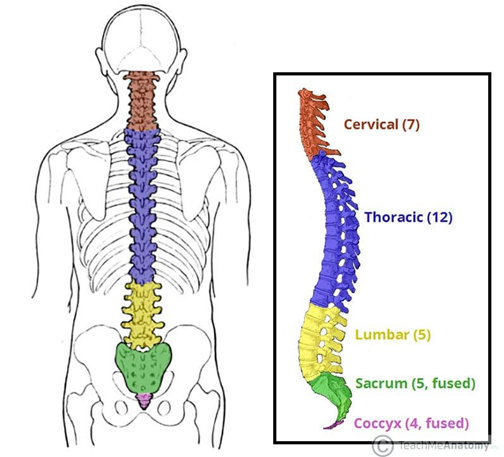Which of the following types of immunity is acquired through a varicella vaccination?
Artificial passive
Artificial active
Natural active
Natural passive
The Correct Answer is B
a: Artificial passive - Artificial passive immunity involves the transfer of pre-made antibodies from one individual to another, such as through injection of immune serum or administration of antibodies produced in a laboratory.
b. Artificial active: Artificial active immunity is acquired through vaccination, where a person's immune system is exposed to a weakened or inactive form of a pathogen, such as the varicella (chickenpox) virus, to stimulate an immune response and the production of antibodies.
c: Natural active - Natural active immunity occurs when a person is exposed to a pathogen in the environment and develops an immune response, such as contracting and recovering from a disease like chickenpox.
d: Natural passive - Natural passive immunity involves the transfer of antibodies from a mother to her baby, such as through breastfeeding or placental transfer of antibodies during pregnancy.
Nursing Test Bank
Naxlex Comprehensive Predictor Exams
Related Questions
Correct Answer is B
Explanation
a: Artificial passive - Artificial passive immunity involves the transfer of pre-made antibodies from one individual to another, such as through injection of immune serum or administration of antibodies produced in a laboratory.
b. Artificial active: Artificial active immunity is acquired through vaccination, where a person's immune system is exposed to a weakened or inactive form of a pathogen, such as the varicella (chickenpox) virus, to stimulate an immune response and the production of antibodies.
c: Natural active - Natural active immunity occurs when a person is exposed to a pathogen in the environment and develops an immune response, such as contracting and recovering from a disease like chickenpox.
d: Natural passive - Natural passive immunity involves the transfer of antibodies from a mother to her baby, such as through breastfeeding or placental transfer of antibodies during pregnancy.
Correct Answer is B
Explanation
a: Cervical: 7, Thoracic: 14, Lumbar: 6 - This count for the thoracic vertebrae is incorrect; there are typically 12 thoracic vertebrae.
b. Cervical: 7, Thoracic: 12, Lumbar: 5-The vertebral column consists of cervical (neck), thoracic (upper back), lumbar (lower back), sacral, and coccygeal regions. The cervical region has 7 vertebrae, the thoracic region has 12, and the lumbar region has 5.

c: Cervical: & Thoracic: 12, Lumbar: 5, Sacral: 3 - This count for the cervical vertebrae is incorrect; there are typically 7 cervical vertebrae.
d: Cervical: & Thoracic: 14, Lumbar: Sacral: 4 - The counts for cervical and lumbar vertebrae are incorrect; there are typically 7 cervical vertebrae and 5 lumbar vertebrae.
Whether you are a student looking to ace your exams or a practicing nurse seeking to enhance your expertise , our nursing education contents will empower you with the confidence and competence to make a difference in the lives of patients and become a respected leader in the healthcare field.
Visit Naxlex, invest in your future and unlock endless possibilities with our unparalleled nursing education contents today
Report Wrong Answer on the Current Question
Do you disagree with the answer? If yes, what is your expected answer? Explain.
Kindly be descriptive with the issue you are facing.
